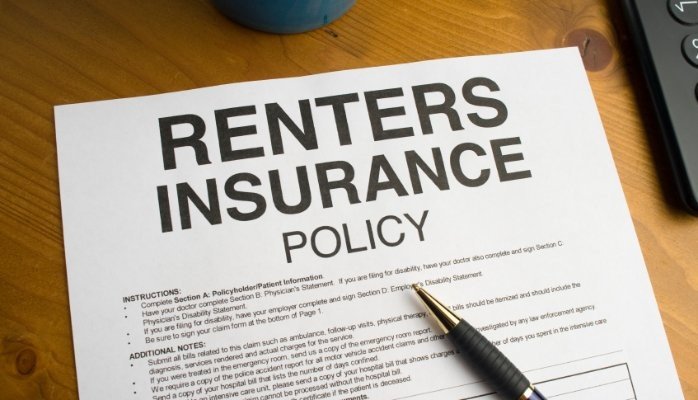
Renters insurance is an essential but often overlooked aspect of renting a home. Many tenants assume that their landlord’s insurance policy will cover their belongings in case of a disaster, but this is not the case. Renters insurance provides valuable protection for tenants and offers peace of mind. In this article, we will explore why you need renters insurance and what it covers.
Why You Need Renters Insurance

- Protection of Personal Belongings
Renters insurance protects your personal belongings against risks such as fire, theft, vandalism, and certain natural disasters. Without this coverage, you would have to bear the financial burden of replacing your possessions out of pocket. - Liability Coverage
Renters insurance provides liability coverage, which protects you if someone is injured while in your rental unit. For example, if a guest slips and falls, your policy can cover their medical expenses and any legal fees if they decide to sue you. - Additional Living Expenses
If your rental unit becomes uninhabitable due to a covered peril (like a fire or severe water damage), renters insurance can cover additional living expenses. This can include the cost of temporary housing, meals, and other expenses while your home is being repaired. - Affordable Peace of Mind
Renters insurance is relatively inexpensive compared to other types of insurance. For a small monthly premium, you can gain significant protection for your belongings and liability, providing peace of mind. - Required by Landlords
Increasingly, landlords require tenants to have renters insurance as part of the lease agreement. Having a policy in place not only meets this requirement but also demonstrates your responsibility as a tenant.
What Renters Insurance Covers
- Personal Property Coverage
This is the core component of renters insurance. It covers the cost to repair or replace your personal belongings if they are damaged, stolen, or destroyed by a covered peril. Coverage typically includes items like furniture, electronics, clothing, and appliances. - Liability Coverage
Liability coverage protects you if you are found responsible for causing injury to others or damaging their property. This part of the policy can cover legal expenses, medical bills, and repairs. - Medical Payments to Others
This coverage pays for medical expenses if a guest is injured on your property, regardless of who is at fault. It is designed to prevent small injuries from becoming larger liability claims. - Additional Living Expenses (ALE)
If a covered event forces you to temporarily relocate, ALE covers the costs of living away from your rental unit. This can include hotel bills, restaurant meals, and other living expenses incurred during the displacement. - Optional Coverages
Depending on your needs, you can add optional coverages to your renters insurance policy. Some common options include:
- Replacement Cost Coverage: Ensures that you receive the full replacement cost of damaged items, rather than their depreciated value.
- Water Backup Coverage: Protects against damage caused by water backing up through sewers or drains.
- Identity Theft Coverage: Provides assistance and financial protection if you become a victim of identity theft.
What Renters Insurance Does Not Cover
While renters insurance offers broad protection, it does have limitations. Some common exclusions include:
- Floods: Standard renters insurance does not cover flood damage. You may need a separate flood insurance policy if you live in a flood-prone area.
- Earthquakes: Similar to floods, earthquake damage is not typically covered and requires additional insurance.
- Pest Infestations: Damage caused by pests such as bedbugs, termites, or rodents is generally excluded.
- Negligence: If damage or loss occurs due to your negligence, your claim may be denied.
How to Choose the Right Renters Insurance
When selecting a renters insurance policy, consider the following steps:
- Assess Your Needs: Take an inventory of your personal belongings and determine their value. Consider your liability risks and additional coverage needs.
- Compare Quotes: Obtain quotes from multiple insurance providers to find the best coverage at an affordable price.
- Review Policy Details: Carefully read the policy terms and conditions to understand what is covered and what is excluded. Pay attention to coverage limits and deductibles.
- Check Discounts: Ask about available discounts, such as bundling renters insurance with other policies, having a security system, or being a non-smoker.
- Consult an Agent: If you have questions or need assistance, consider consulting an insurance agent who can help you find the right policy for your situation.
Conclusion
Renters insurance is a crucial safeguard for anyone renting a home. It offers protection for your personal belongings, liability coverage, and additional living expenses in case of a covered event. Despite its affordable cost, renters insurance provides invaluable peace of mind. By understanding what renters insurance covers and how to choose the right policy, you can ensure that you are adequately protected in your rental home.





